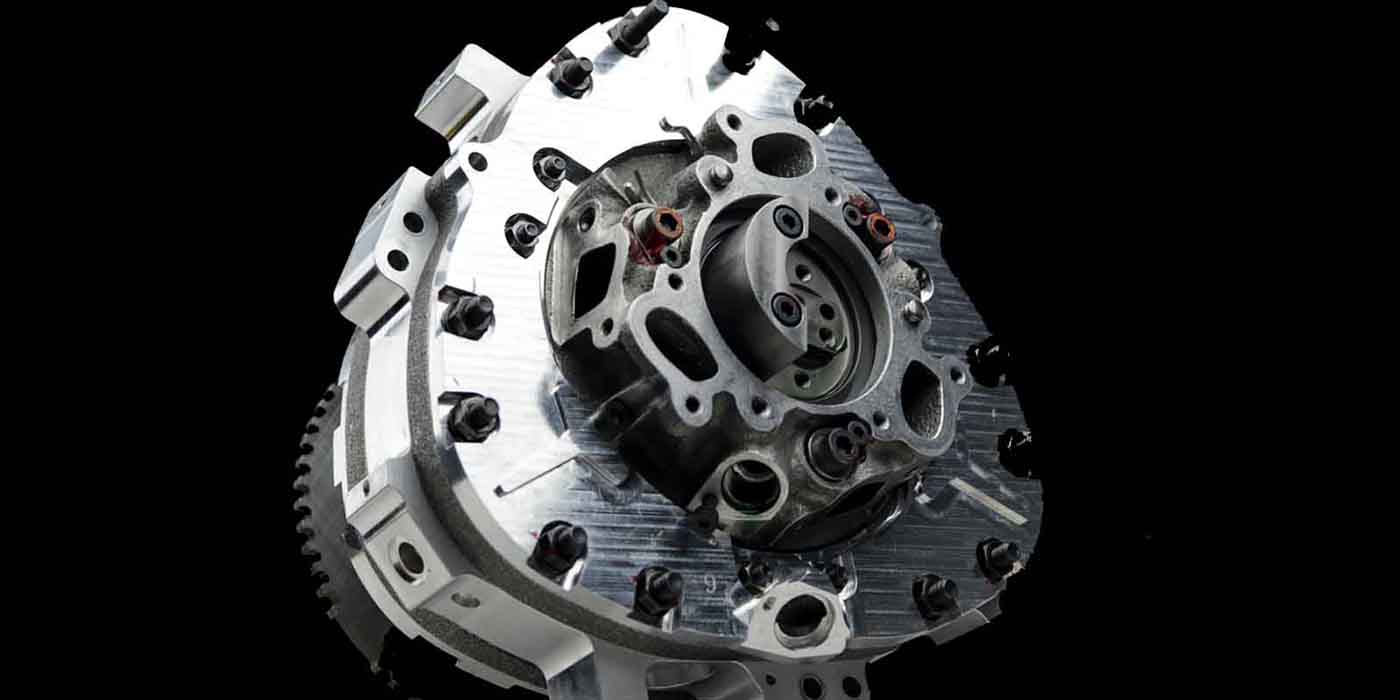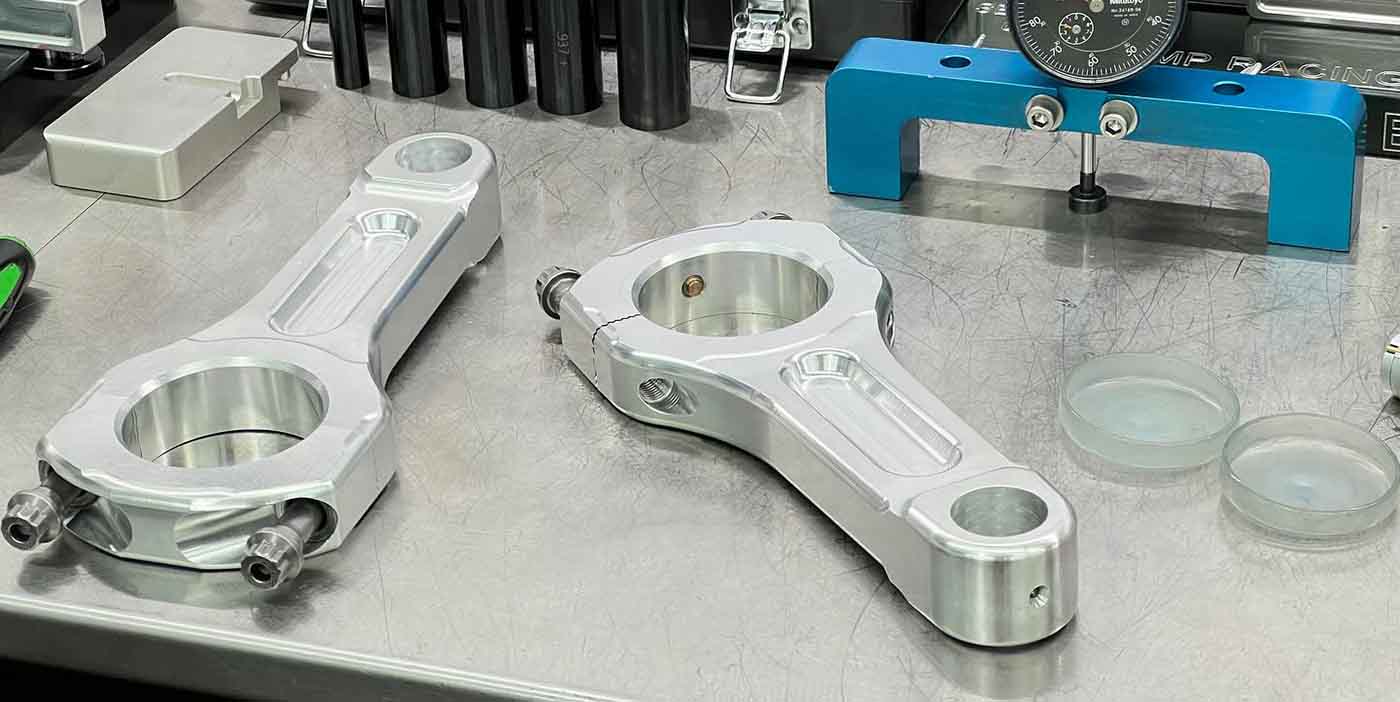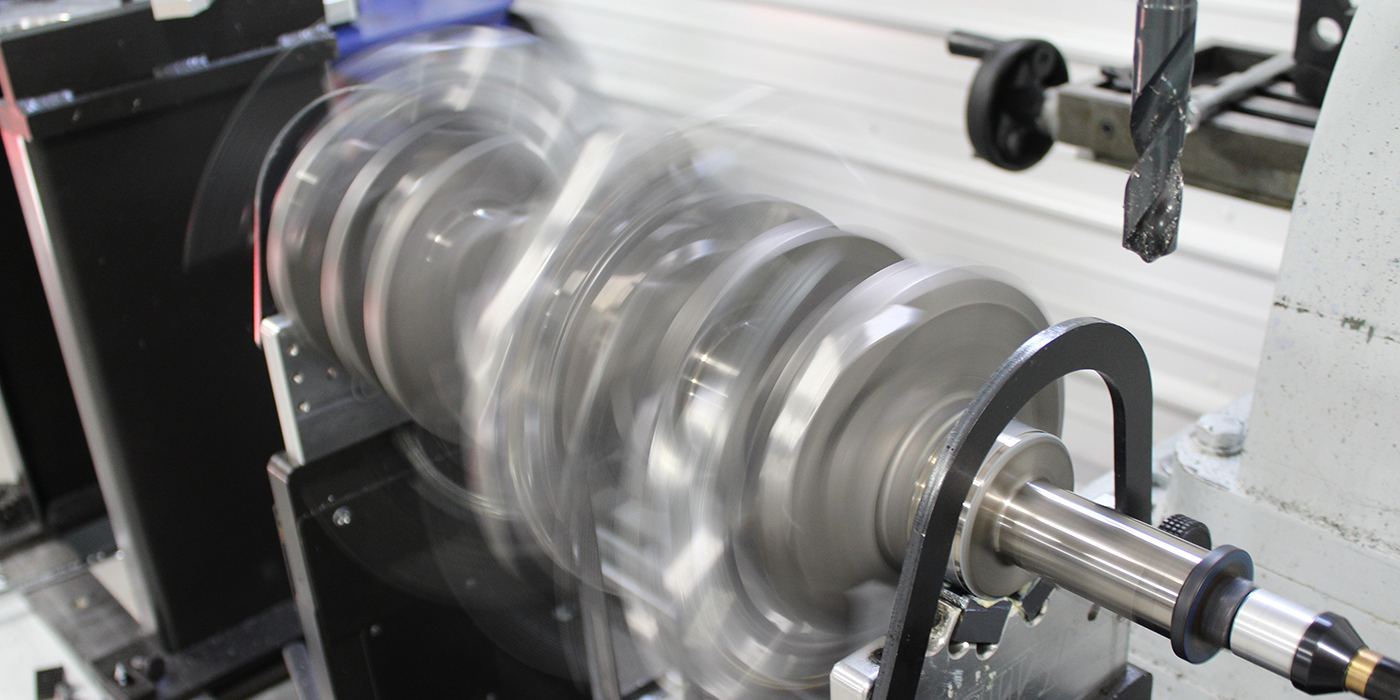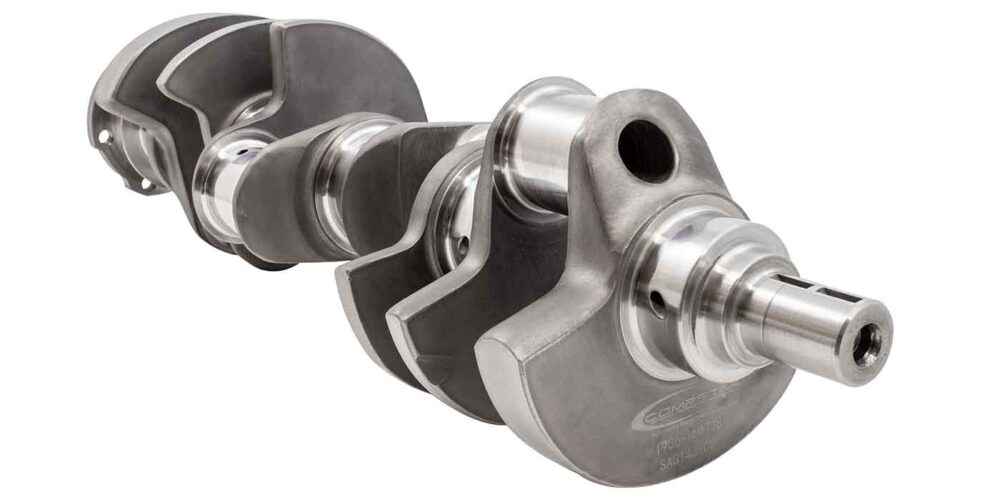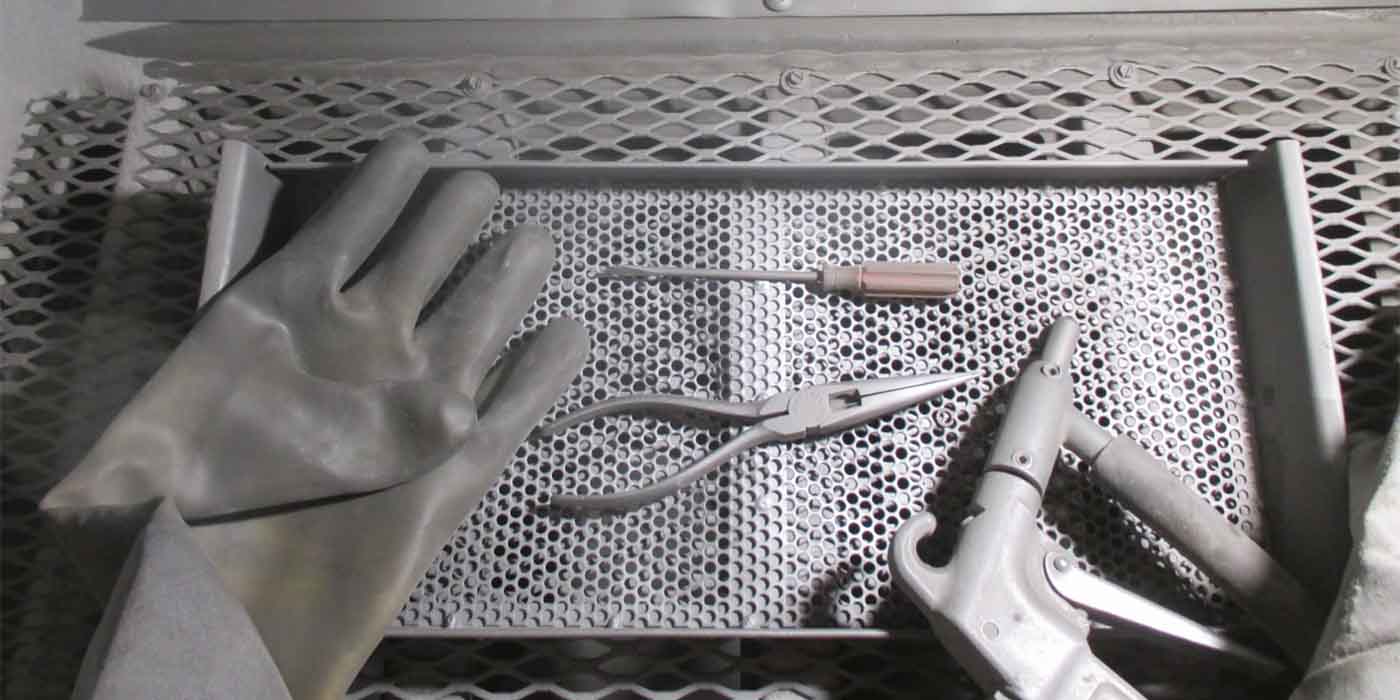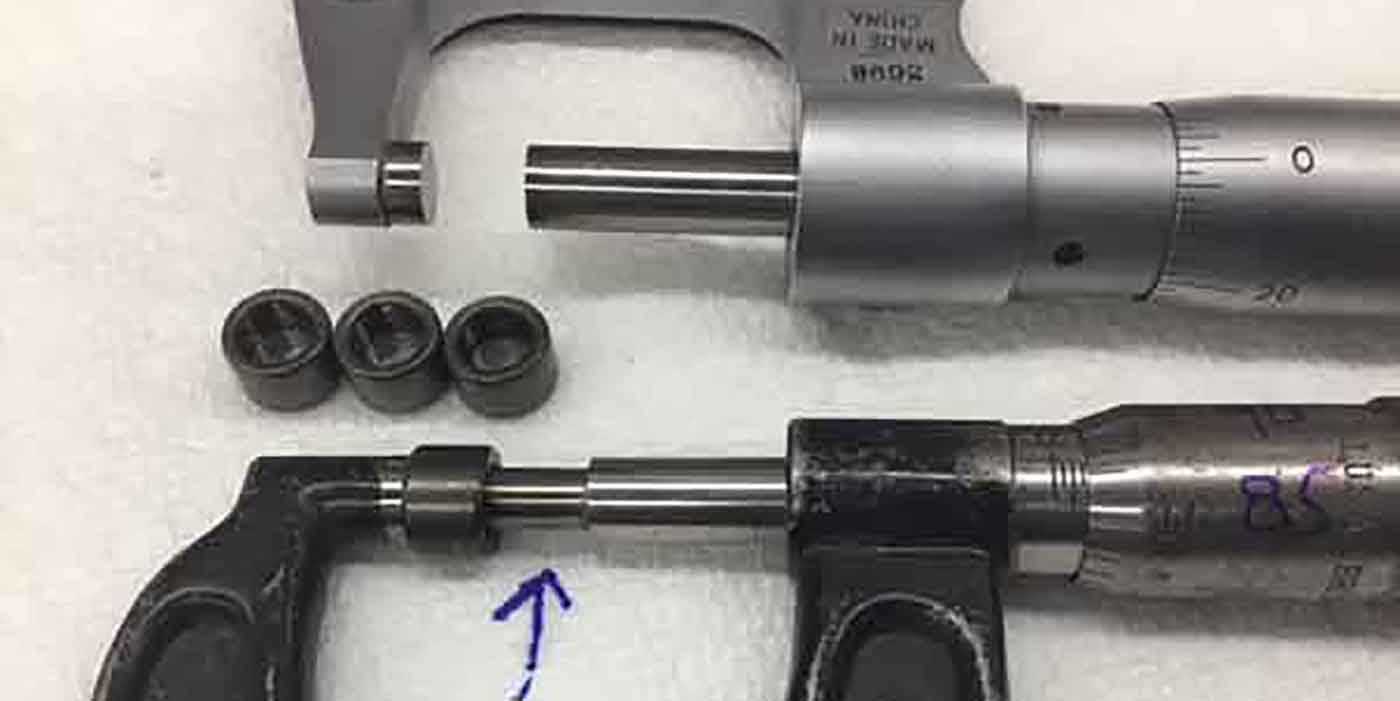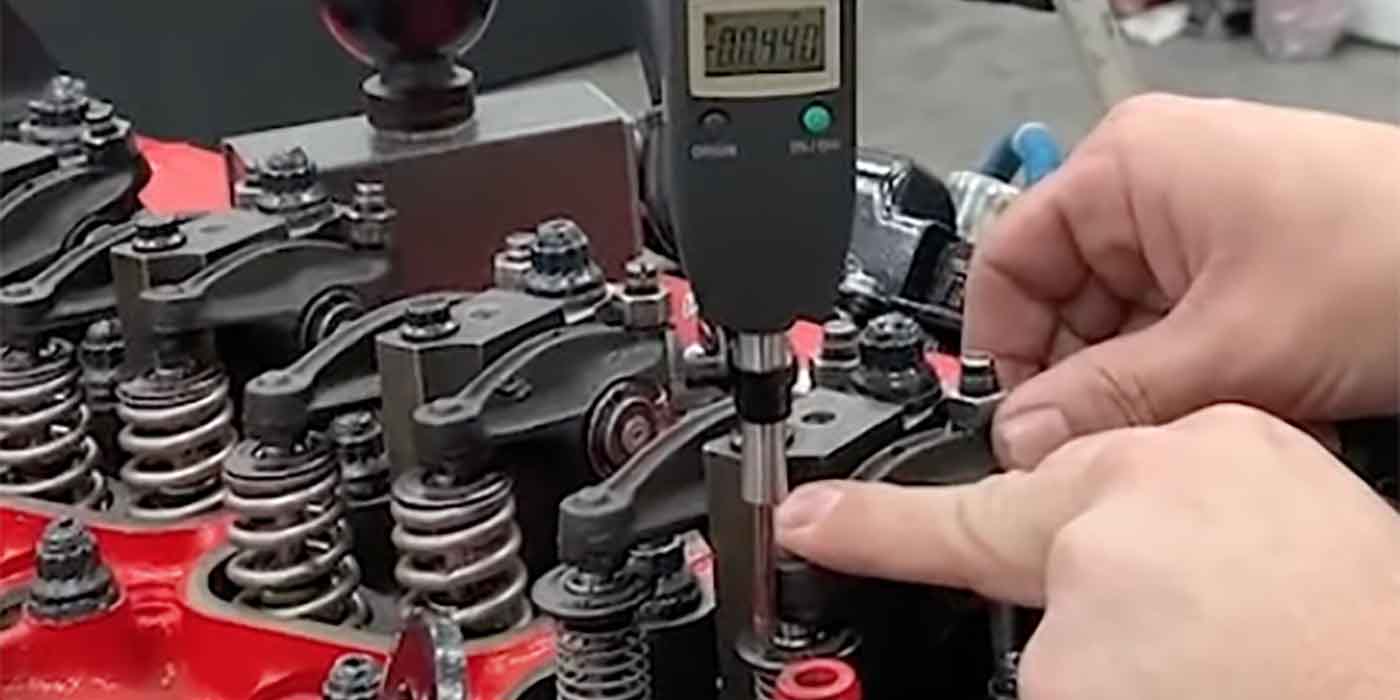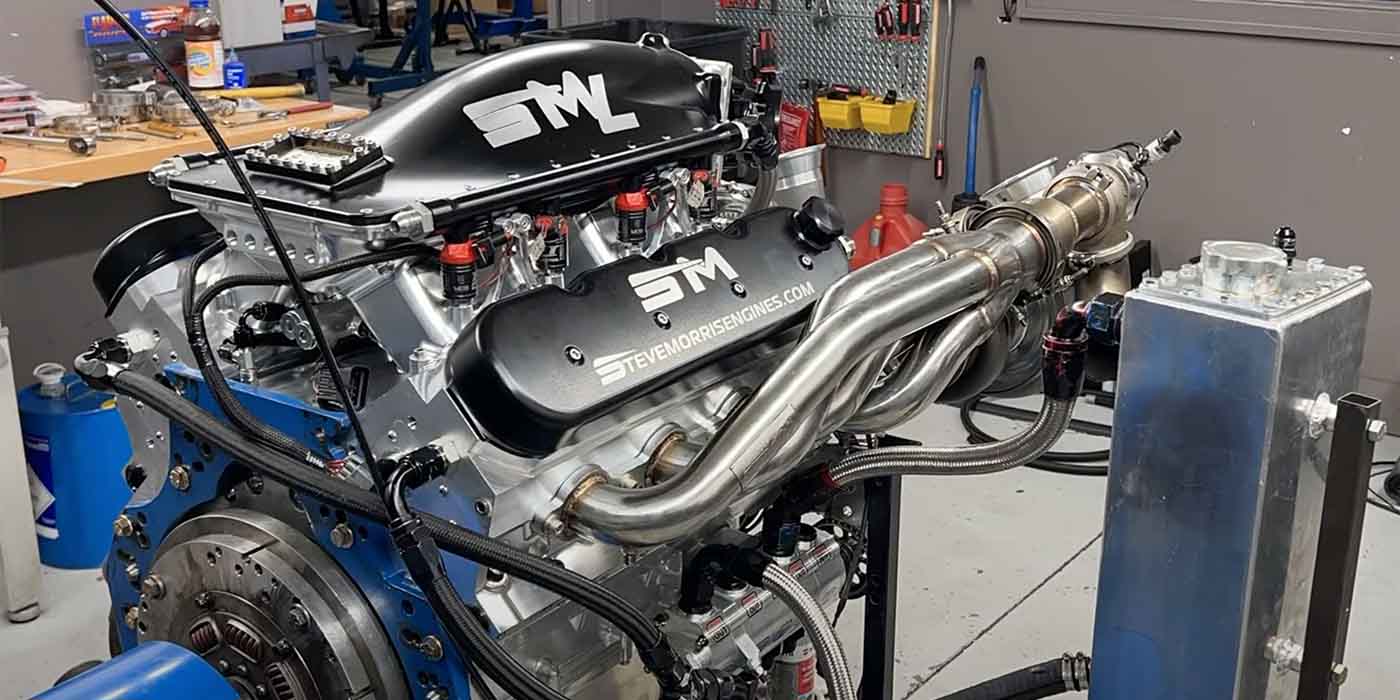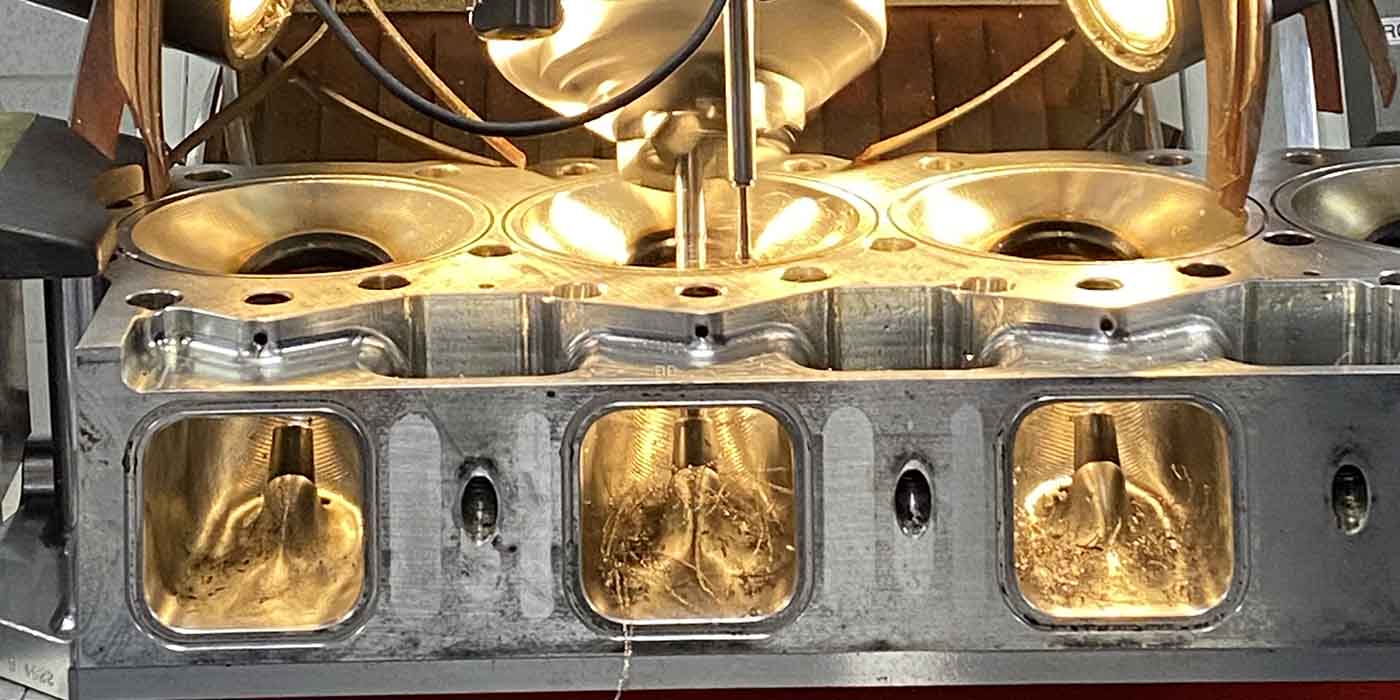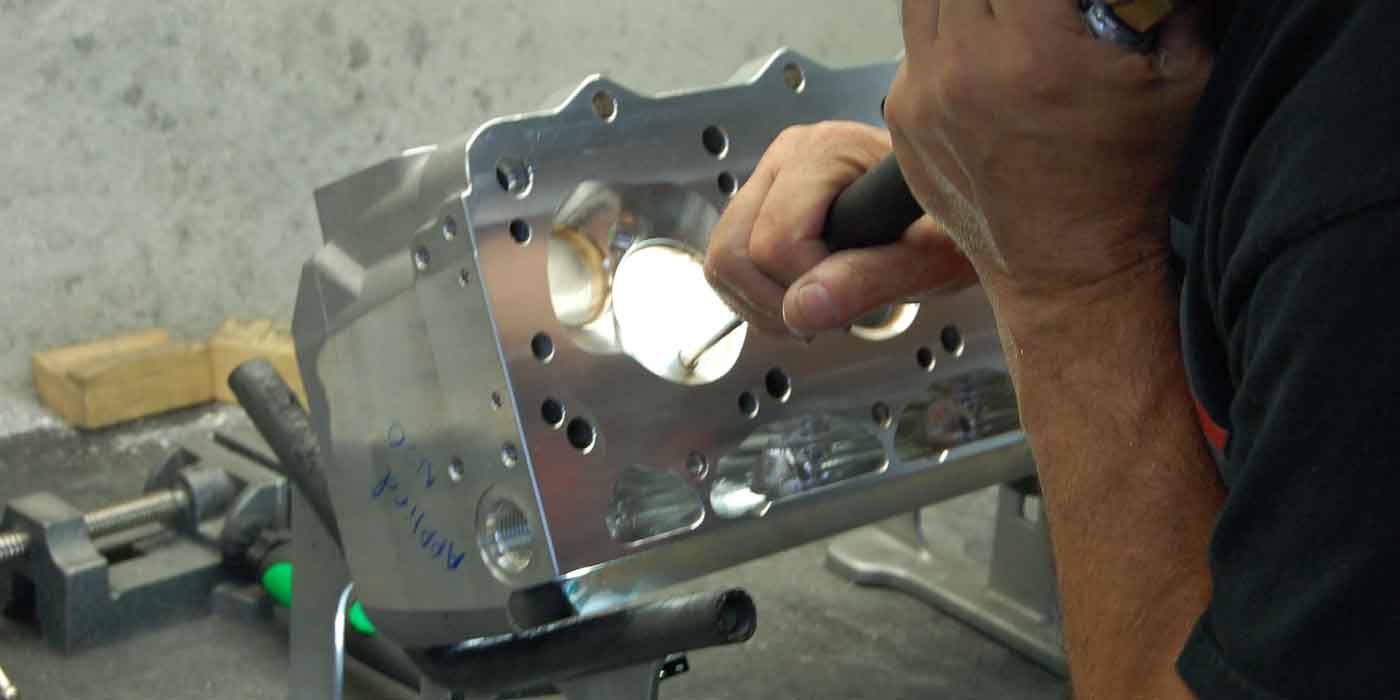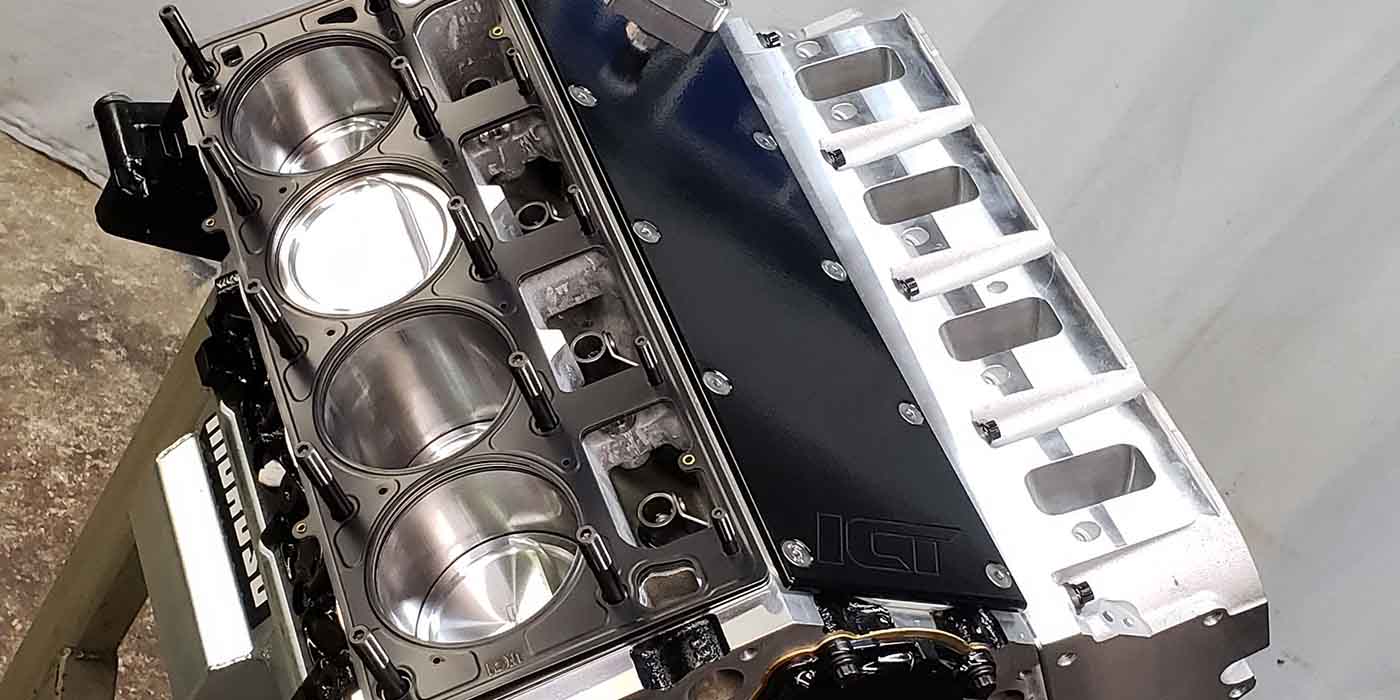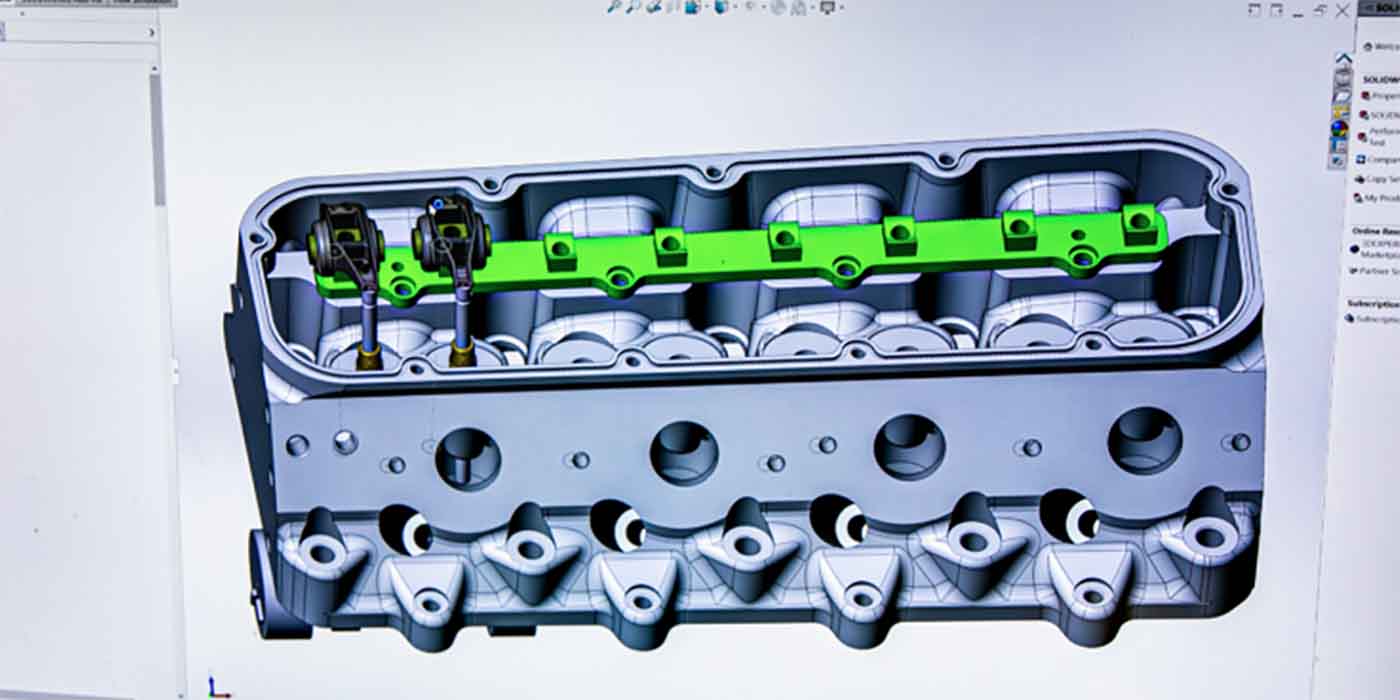It has been about three years since API CJ-4 diesel engine oil was introduced. In the past when a new API category diesel engine oil was introduced, the previous category was typically discontinued. Today both API CJ-4 and the previous category API CI-4 PLUS diesel engine oils are available.
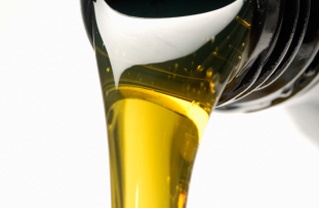 However, there are many benefits to using the latest technology found in API CJ-4 motor oil. Each new generation of motor oil provides incremental improvements and benefits for your diesel engine. API CJ-4 motor oils provide a significant improvement in wear protection, soot and deposit control, and high-temperature stability over API CI-4 PLUS motor oils.
However, there are many benefits to using the latest technology found in API CJ-4 motor oil. Each new generation of motor oil provides incremental improvements and benefits for your diesel engine. API CJ-4 motor oils provide a significant improvement in wear protection, soot and deposit control, and high-temperature stability over API CI-4 PLUS motor oils.
API CJ-4 motor oils were designed to meet the needs of the newest generation of engines built beginning in 2007, as well as provide improved protection for engines built prior to 2007.
In pre-2007 engines, API CJ-4 motor oil provides the latest protection. Engines using this higher-performance motor oil can experience significantly less wear in the valve train and power cylinder areas of the engine. In addition, API CJ-4 motor oil provides increased protection against heat and increased soot handling capabilities, which can help enforce engine cleanliness.
By using API CJ-4 motor oils, you are able to use one product that meets the needs of new and older engines and helps to avoid confusion about which motor oil belongs in different types of engines. By using only an API CJ-4 motor oil such as Shell Rotella® T with Triple Protection™ technology, you won’t run the risk of using a non API-CJ4 motor oil in a new generation engine, which could result in increased maintenance costs.
In addition, Shell Rotella T Synthetic 5W-40 heavy duty motor oil which meets or exceeds API CJ-4 specifications is available as well. The motor oil offers significant improvements in wear protection, soot control, deposit control, heat resistance and protection in extreme climates compared to the previous formulation. Shell Rotella T Synthetic can also provide enhanced fuel economy verses conventional 15W-40 motor oil.
– Tech Tip courtesy of Shell (www.shell.com)

